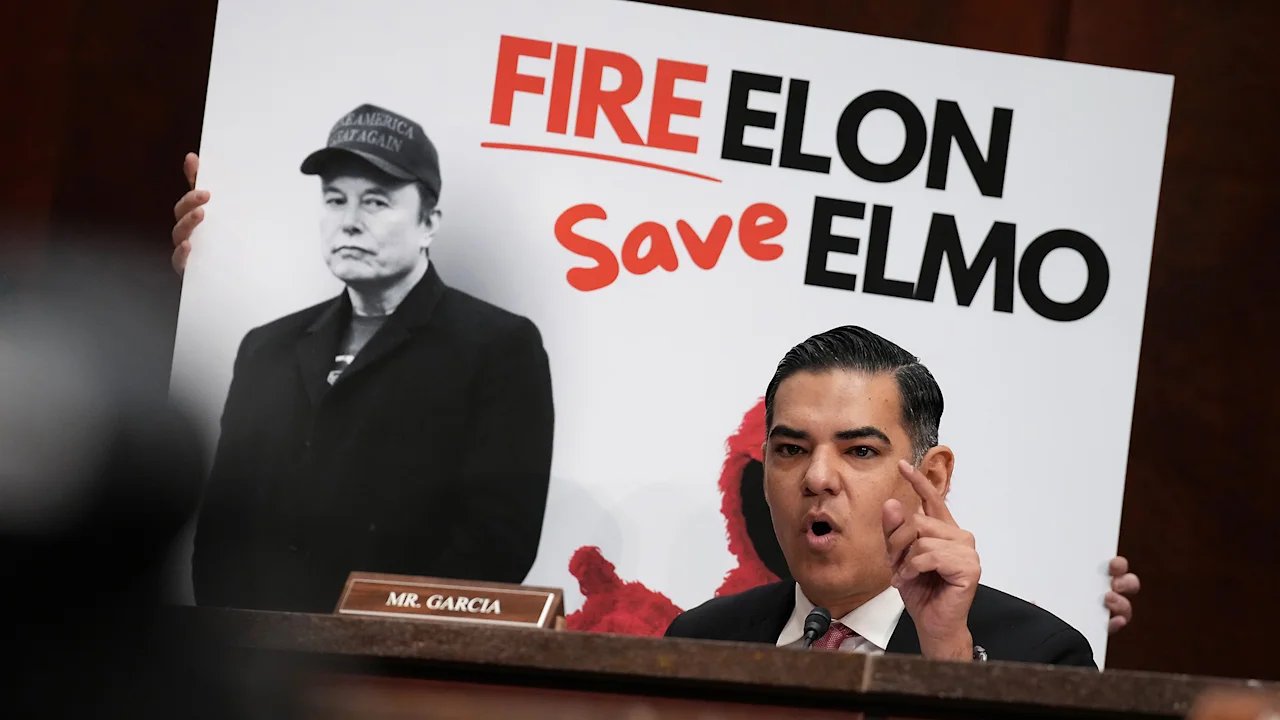Federal funding cuts have claimed their latest victim. On Friday, the Corporation for Public Broadcasting announced that it will wind down operations in light of a fatal federal funding shortfall.
The Trump administration asked for the targeted cuts in a rescissions request coupled with a major pullback in spending on foreign aid earlier this year. Congress ultimately complied and in July voted to slash $1.1 billion in federal funding from the CPB. The Republican-led measure was split along party lines, with no Democrats voting in its favor.
The Corporation for Public Broadcasting, a private nonprofit, was authorized by Congress in 1967 to manage funding for public media in the U.S. as part of President Lyndon Johnson’s sweeping domestic policy agenda.
“Public media has been one of the most trusted institutions in American life, providing educational opportunity, emergency alerts, civil discourse, and cultural connection to every corner of the country,” CPB President and CEO Patricia Harrison said. “We are deeply grateful to our partners across the system for their resilience, leadership, and unwavering dedication to serving the American people.”
The organization funds the Public Broadcasting Service, National Public Radio, and 1,500 local TV and radio stations. Sesame Street and Mister Rogers’ Neighborhood, two icons of American public television, were made possible with funding through the CPB.
While PBS and NPR rely less heavily on government funds, federal money is crucial to member stations in rural areas. Those outlets face an existential threat from the cuts—the latest death knell for local news in the U.S.
